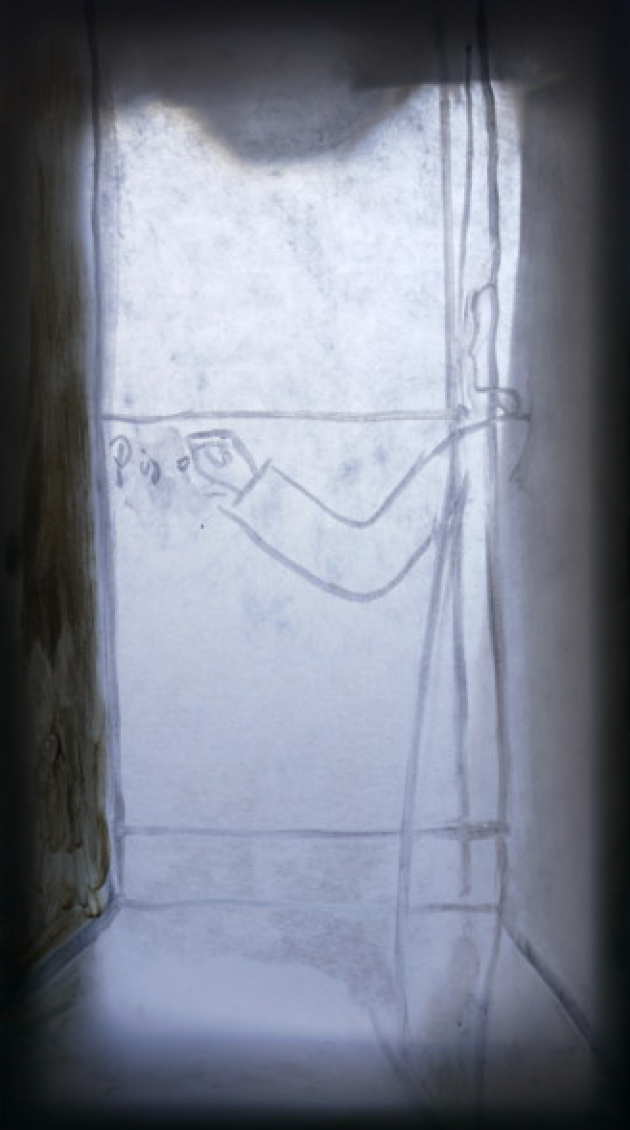 The research interest of the group is the control and manipulation of physical systems to exhibit manifestly quantum mechanical effects such as quantum correlations and quantum interference. The emphasis is on using these effects to perform novel protocols in e.g. quantum computing or communication or to uncover the subtle role quantum mechanics may play in natural phenomena. This often involves theoretical and experimental approaches that allow us to work directly with individual quantum systems. In other cases the quantum dynamics of the systems may be under exquisite experimental control but an ensemble of systems may be used for enhanced read-out. The quantum simulation of many-body quantum systems is one aspect of our focus - it is a topic of crucial importance in fields ranging from quantum chemistry and biochemistry to the study of exotic materials such as graphene, high-temperature superconductors and carbon nanostructures. Another key area is the enhancement of metrology (high precision measurement) using entanglement as a resource. Our general approaches can also be used, for instance, to elucidate the role of fundamental symmetries in nature. Finally, the study of controlled quantum dynamics may lead us to new insights in the foundations of quantum mechanics itself.
The research interest of the group is the control and manipulation of physical systems to exhibit manifestly quantum mechanical effects such as quantum correlations and quantum interference. The emphasis is on using these effects to perform novel protocols in e.g. quantum computing or communication or to uncover the subtle role quantum mechanics may play in natural phenomena. This often involves theoretical and experimental approaches that allow us to work directly with individual quantum systems. In other cases the quantum dynamics of the systems may be under exquisite experimental control but an ensemble of systems may be used for enhanced read-out. The quantum simulation of many-body quantum systems is one aspect of our focus - it is a topic of crucial importance in fields ranging from quantum chemistry and biochemistry to the study of exotic materials such as graphene, high-temperature superconductors and carbon nanostructures. Another key area is the enhancement of metrology (high precision measurement) using entanglement as a resource. Our general approaches can also be used, for instance, to elucidate the role of fundamental symmetries in nature. Finally, the study of controlled quantum dynamics may lead us to new insights in the foundations of quantum mechanics itself.
Interested in doing a PhD in quantum information theory, foundations of quantum mechanics or other areas of controlled quantum dynamics? Then consider applying to our Centre for Doctoral Training in Controlled Quantum Dynamics.